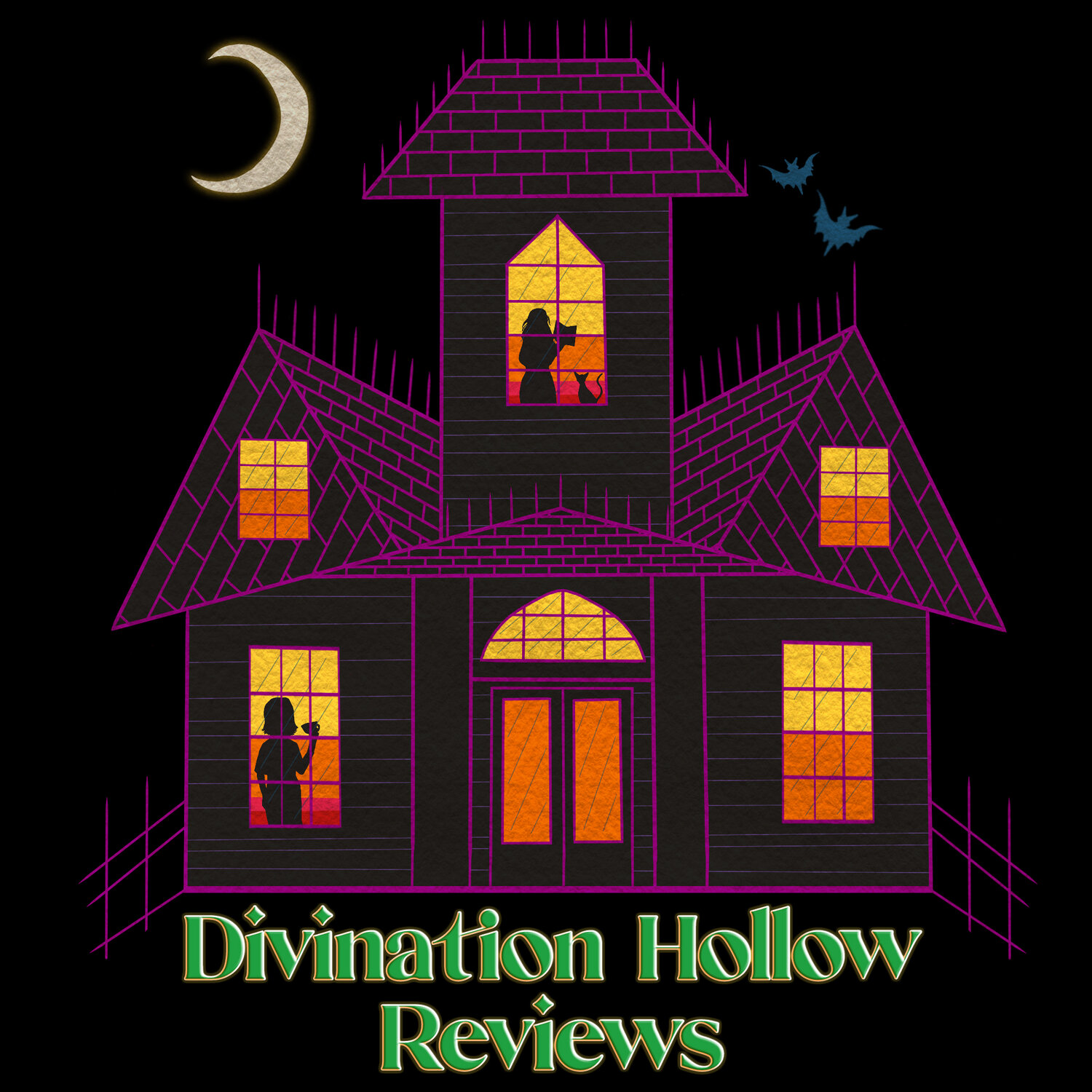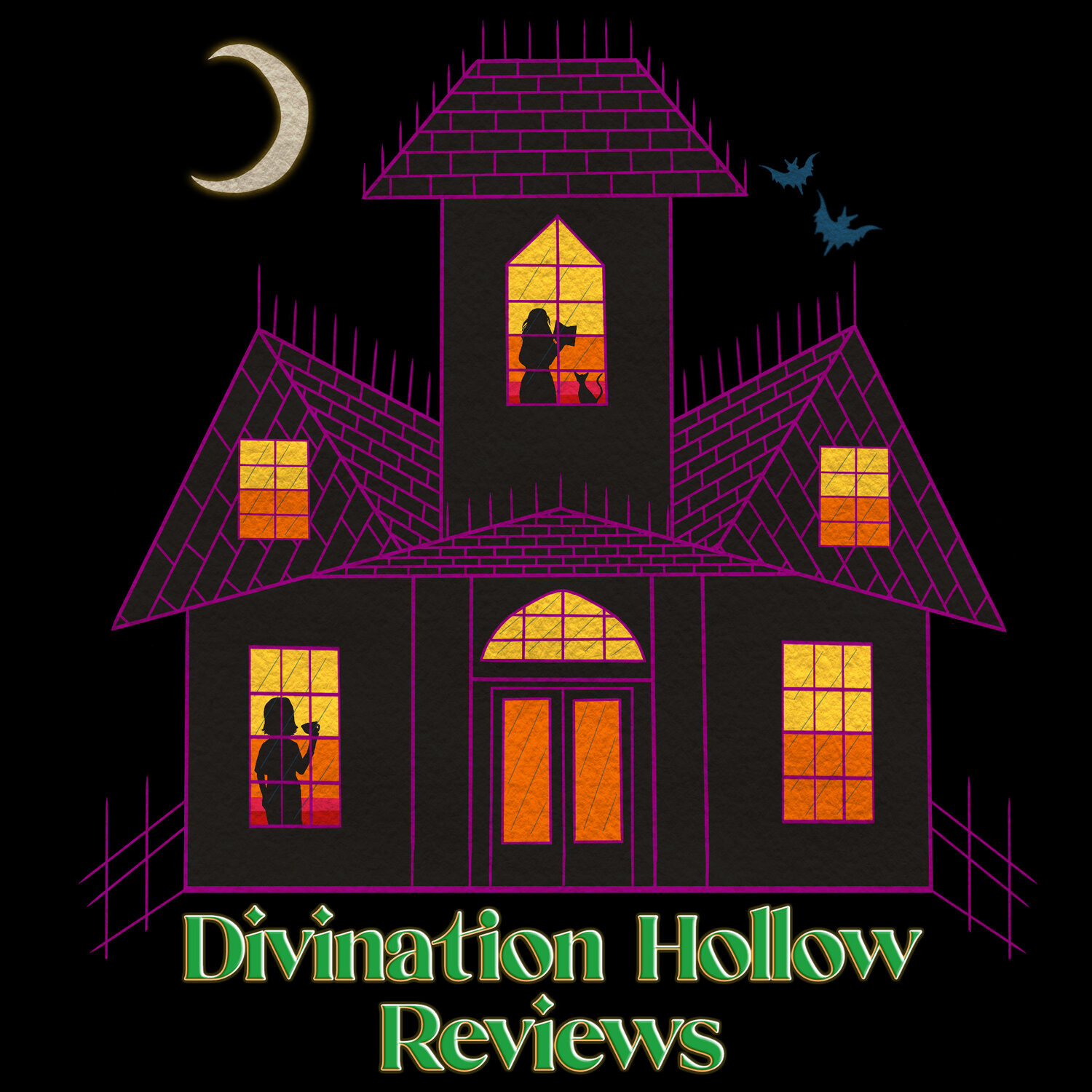[Interview] - Who the Hell is Mark Sieber?
Intro
It was the early 2000s and I had no idea who Mark Sieber was either ...yet. All I knew was his name appeared in the Shocklines message boards very often and he seemed very opinionated, but also extremely well informed. I was at a point in my horror reading life where I'd read all of Clive Barker's work, most of Richard Matheson's work, and most of Stephen King's work, and I was looking to dig deeper into the genre. The timing was perfect. Mark unknowingly curated my horror reading list for the next few years. Through Mark I discovered many of my current favorite writers: Gary Braunbeck, Brian Keene, Kealan Patrick Burke, Ryan C. Thomas, Joe Hill, James Newman, John R. Little, Ed Gorman, Jeff Strand, and Joe Lansdale, amongst others. I know what you're thinking: "But Jason, everyone knows those writers." Remember, this was twenty years ago! Most of these writers were in the infancy of their careers and were not well known within the genre yet. Mark was like horror's Nostradamus. He seemed to have a knack for knowing which of the young writers would pan out and have successful careers. If someone has written a good horror novel, Mark has read it already and will tell you to read it. He probably also knows the author personally.
I was finally able to meet Mark at the Scares That Care Charity Convention in 2017, and I've been annoying him ever since. He agreed to do an interview (but that's probably because he wants to promote his new book, He Who Writes Between the Rows, which is very good by the way. And I wouldn't just say that)

The Interview
Dead Head Review (DHR): You've made a name for yourself in the horror genre, but you were a science fiction guy first. Why the switch?
Mark Sieber (MS): I always loved horror, and I bought it when I could, but there wasn't a lot out there. I got things by Lovecraft, Thomas Tryon, Bloch, Matheson, etc. Before King there wasn't a viable market for the scary stuff.
I also got sick of SF and the direction it was going. By the late 70's too much of it was heavily influenced by bad movies and worse TV shows. My heart lies with the Golden Age of Science Fiction, which was decades old even when I was young and reading it.
When horror broke, I was ready.
DHR: Ok, real quick: gives us a few Golden Age of Science Fiction recommendations. That era is neglected and we're horror heathens over here.
MS: I'm not sure that a lot of modern horror readers would like that stuff. There are some crossover works. John W. Campbell's Who Goes There? was filmed three times as The Thing. Jack Williamson's Darker Than You Think is a werewolf story, but the author provides a scientific explanation for the lycanthropy.
Since that era was mostly dominated by short fiction, I'd recommend writers rather than books: Asimov, Clarke, and Heinlein of course. Heinlein was the best, but new readers have to be careful. Some of his stuff later stuff is unbelievably over the top. Clifford D. Simak, Leigh Brackett, Murray Leinster, A.E. Van Vogh, Stanley Weinbaum, Frederik Pohl, C.M. Kornbluth, Eric Frank Russell, Alfred Bester, Theodore Sturgeon. I could go on and on. The list is as long as one for great 80's horror writers.
But, again, the appeal is probably limited.
DHR: Jeff Strand has called you a "horror historian" and Richard Chizmar has dubbed you "one of the guardian angels of the terror genre," but in the beginning, you were just a guy posting on Gorezone. Was there a turning point for you?
MS: The Internet and Gorezone. I knew some people who read, and occasionally read horror, but I had no one with whom to really discuss the genre. A guy who calls himself ARCVILE owns and operates Gorezone, and in 2000, or maybe 2001, he expanded his message board into different sections. I was offered the one for horror fiction.
The Gorezone Book Forum was successful from the start. Almost immediately a core group formed. Good people who loved horror fic as much as I did. They're all gone now, unfortunately. Moved on, grew up, got fed up, etc.
From there I went on to Shocklines, Horror Drive-In, and my affiliation with Cemetery Dance.
DHR: I look back fondly on the Shocklines era. That message board probably informed at least 75% of my book purchases in the 2000's.
MS: I thank you for that. It was an amazing time, and I am still dumbfounded as to how I ended up as some kind of ringleader. I think I was lucky and in the right place at the right time. My decades of intense genre reading certainly didn't hurt.
DHR: Lots of people love books, but you love books more than any person I've ever met. Just for my own curiosity's sake, how much money do you think you've spent on books in your lifetime?
MS: Oh man, I can't even imagine. A lot. Enough to feed a third world country, cure cancer, and get Chizine Publications out of hock.
DHR: Wow, what a dumbass.
MS: No shit. I have regretted many book purchases. Back in the early days of Shocklines, everyone was buying just about everything. Everyone praised all the new publications, and there were a lot of them. Not like today, of course, with the free-for-all of independent publishing.
However, I really do not regret a thing. I know I could have traveled the globe, retired early, helped people, but I have loved my life of books. I'm still as excited about getting new ones as I was when I was twelve.
And think of all the authors, publishers, and booksellers who have benefited from me and people like me.
DHR: Agreed. There was also something special about getting that box with the Shocklines logo on it. Amazon can't touch that.
MS: The first year or two of the Shocklines Bookstore were bliss. The community was much closer knit, and Matt Schwartz provided unbelievably great service and unbeatable prices. I will always miss it.
DHR: Besides money and fame, what are your other reasons for writing He Who Types Between the Rows?
MS: Well, the book is a collection of my blog entries, so I will answer your question by saying why I started writing it.
I had so much to say. I wanted to recommend books, rave or rant about movies, comment on the community, and I wanted to do it in a more structured area than in a message board forum.
Plus I wanted my own place on the web. My little online variety show devoted to all things horror.
My wife persuaded me to collect many of the essays into a book. I was all set to self-pub it, but I was at Stokercon, talking to my good friend, Norman Prentiss, who is an editor at Cemetery Dance, and he offered to publish the book.
DHR: I was there! I will do my Mark Sieber impression now and tell everyone to read Invisible Fences. You were right about that one for sure.
MS: Norman is one of the best. In my opinion the novella form is way, way overdone these days, but Invisible Fences is perfect. Everyone should read it and then go on to everything else Norman has published.
DHR: I know you're dying to talk about Bill Pronzini, so say what you have to say.
MS: Yes, I love Bill. I always have. The guy has had a tremendous career, but he ought to be a household name. There are other mystery suspense writers who have seen so much more success. John Sandford, Harlan Coben, to name a couple of high-profile examples. Fine writers, but neither can hold a candle to the great Bill Pronzini.
Bill's Nameless Detective novels have been among the most meaningful, enjoyable, and rewarding books I have ever read. The series started out well enough--good, solid, but fairly average stuff of its type. But Bill and his character grew and became richer and more profound as the years went on.
I was devastated when Bill ended the series. I was home alone, with my wife out of town, when I read the final book. I had no idea he was wrapping it all up and when I reached the end my heart kind of broke.
But at least he did tie it up, and gave the series a real capstone. Better than if it had just stopped with no resolution.
I recommend the Nameless series without reservation, but I realize how intimidating it is to jump into such a long series. For the uninitiated, I suggest The Violated, or perhaps The Crimes of Jordan Wise.
Now can I talk about Paul Theroux?
DHR: Nope! Put it in the next book.
MS: I put Theroux in He Who Types Between the Rows! No book that deals with my literary tastes would be without him.
DHR: Before we're out of time, I should probably ask you how you convinced Lynne Hansen to do this amazing cover art.
MS: I just approached her at Scares That Care 2018 and told her of my plans. She was interested right away. My wife Clara actually came up with the cover concept, but Lynne executed it brilliantly.
Stephen King said that talent is as common as table salt, and he's right. There are a lot of really good graphic artists and illustrators. What sets Lynne Hansen apart, other than her obvious talent, is how she went above and beyond my expectations. She was patient through all my blunders and ignorance, and she put a real personal touch on the whole thing. The results are stunning.
He Who Types Between the Rows is now available.

Interview by Jason Cavallaro
jcavallaro42@gmail.com
Twitter: @pinheadspawn

